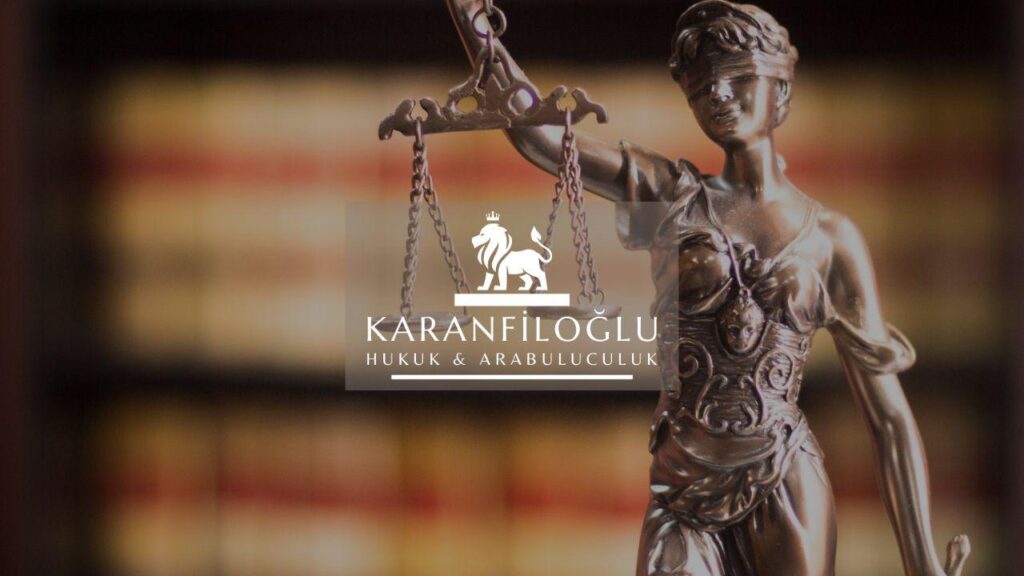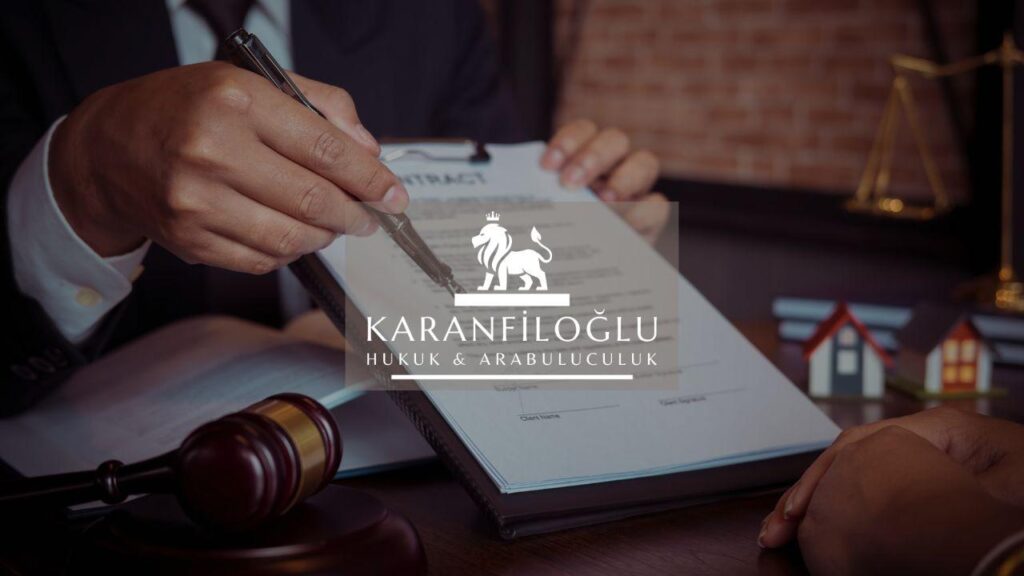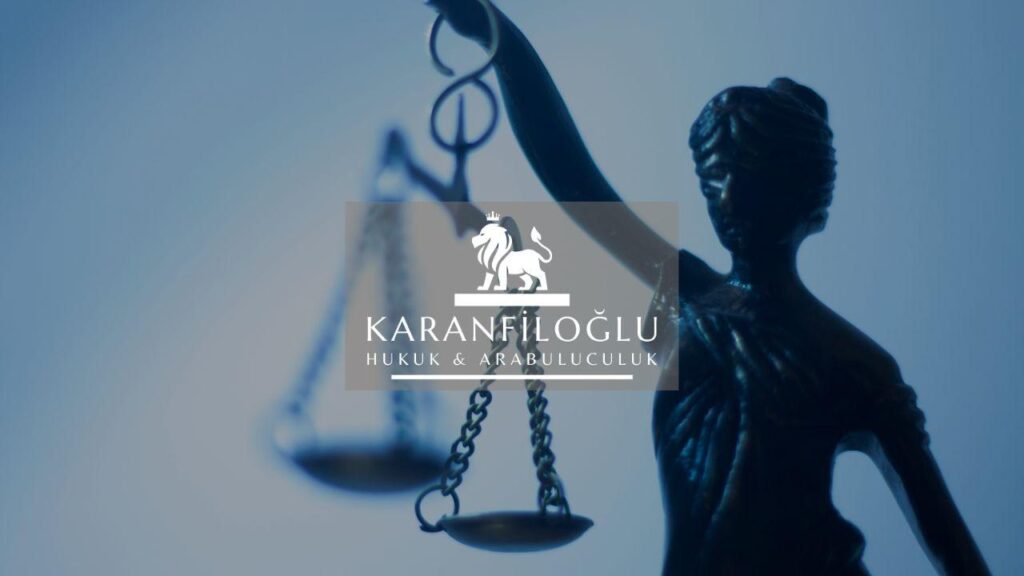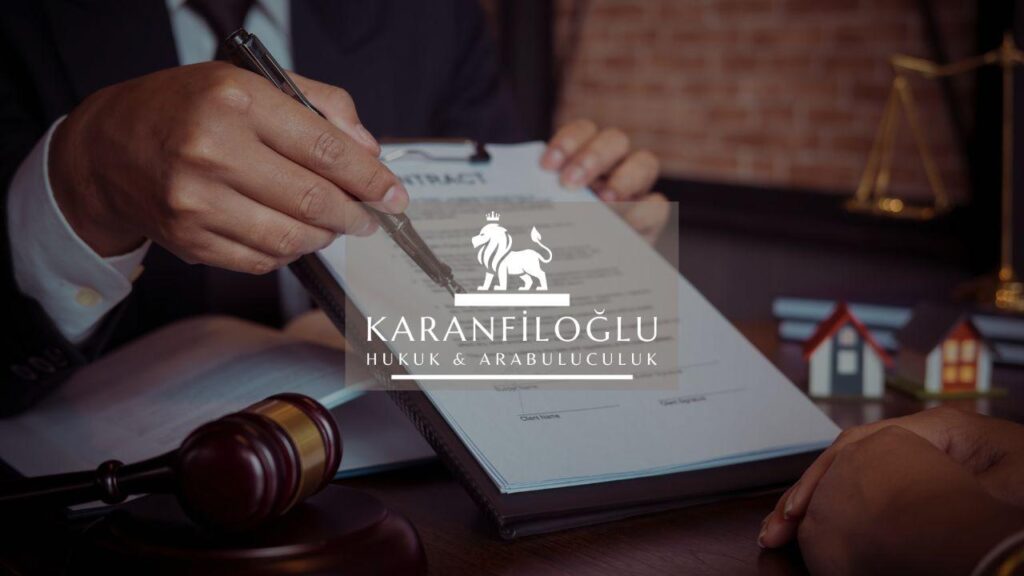Navigating the intricacies of Turkish immigration laws requires a comprehensive understanding of the various regulations and procedures set forth by the Turkish government. At Karanfiloğlu Law Office, we specialize in providing expert legal guidance to individuals and businesses seeking to successfully manage immigration matters in Turkey. Our services encompass areas governed by the Law on Foreigners and International Protection (Law No. 6458), which outlines the conditions and processes for obtaining residence permits, work permits, and citizenship applications. Additionally, we are well-versed in the latest amendments and procedural requirements stipulated under the Turkish Citizenship Law (Law No. 5901) and other relevant legislative frameworks. Whether you are looking to relocate, invest, or expand your business operations within Turkey, our experienced team is equipped to streamline your interactions with Turkish immigration authorities and ensure full compliance with the legal requirements.
Key Points of Turkish Immigration Regulations
One of the fundamental aspects of Turkish immigration regulations is the requirement for residence permits, as detailed in the Law on Foreigners and International Protection (Law No. 6458, Articles 19-30). Depending on the purpose of stay, such as work, education, or family reunification, different categories of residence permits are available. Individuals seeking to work in Turkey must also obtain a work permit, regulated by the International Labor Force Law (Law No. 6735) and Law No. 6458, Article 27. Karanfiloğlu Law Office provides assistance in navigating these processes, ensuring that applications are meticulously prepared and submitted in accordance with the stipulated legal criteria, reducing the likelihood of refusals or delays.
In addition to residence and work permits, the Turkish Citizenship Law (Law No. 5901) outlines the pathways for acquiring Turkish citizenship by investment, marriage, descent, or naturalization. For instance, Article 12 of Law No. 5901 permits foreign investors who meet specific financial criteria, such as purchasing real estate valued at a minimum of $250,000 or capital investments exceeding $500,000, to apply for citizenship. Similarly, Article 16 provides a route for spouses of Turkish citizens to acquire citizenship, provided they have been married for at least three years and meet residency requirements. Karanfiloğlu Law Office has a proven track record of successfully guiding clients through these intricate processes, leveraging our in-depth knowledge of Turkish immigration laws and administrative procedures to enhance our clients’ prospects of meeting the legal standards for citizenship.
Moreover, compliance with Turkish immigration regulations necessitates adherence to strict procedural timelines and documentation requirements, which, if not properly managed, can lead to significant legal impediments. For instance, overstaying a visa or residence permit can result in fines, deportation, and even entry bans, as outlined in Law No. 6458, Articles 54-56. Karanfiloğlu Law Office diligently monitors all relevant deadlines and proactively manages the renewal and extension processes for our clients to avoid potential legal repercussions. Furthermore, we assist clients in addressing any issues related to deportation orders or appeals, ensuring their right to due process is respected. By providing comprehensive legal support throughout each stage of the immigration process, our firm remains committed to safeguarding our clients’ interests and facilitating their seamless integration into Turkish society.
Navigating Work Permits and Residency in Turkey
Navigating the process to obtain work permits and residency in Turkey necessitates a thorough understanding of the legal framework, primarily governed by Law No. 6458 on Foreigners and International Protection. This law sets forth the various types of residence permits available, such as short-term, family, student, and long-term permits, along with the specific documentation required for each. For individuals seeking employment in Turkey, the work permit application is primarily regulated under Article 27 of Law No. 6458 and the relevant provisions of the International Labour Force Law (Law No. 6735). The issuance of work permits is further overseen by the Ministry of Family, Labour, and Social Services, ensuring that all employment activities comply with Turkish labor standards and immigration policies. At Karanfiloğlu Law Office, we guide our clients through each step of these intricate processes, from initial application to final approval, providing tailored advice to meet their specific circumstances.
A crucial aspect to consider while navigating work permits in Turkey is the employer’s role and responsibilities during the application process. According to Law No. 6735, employers must first ensure they have a valid position listed under their company’s authorized personnel and confirm that no suitable Turkish citizen is available for the role. Article 13 specifically outlines the requirement for employers to provide a detailed job description, employment contract, and proof of compliance with Turkish labor laws. Additionally, the employer must submit the necessary documentation through the designated online systems managed by the Ministry of Family, Labour, and Social Services. At Karanfiloğlu Law Office, we assist both employers and employees in compiling accurate and complete documentation to prevent any delays or complications in obtaining the work permit. By providing in-depth consultations and hands-on support, we ensure that both parties fully understand their legal obligations and streamline the entire process for successful employment in Turkey.
For those pursuing residency in Turkey, it’s vital to recognize the distinct criteria and procedural steps involved, particularly concerning renewals and potential transitions between different types of permits. As stipulated in Articles 24 through 46 of Law No. 6458, residence permit applications and renewals require careful attention to detail, including timely submission and proper validation of all supporting documents. Additionally, applicants must be aware of mandatory health insurance requirements, financial solvency proofs, and address registration processes as outlined in the regulations. At Karanfiloğlu Law Office, we offer comprehensive support to ensure compliance with these requirements and facilitate a smooth transition whether you are renewing a current permit or switching from a short-term to a long-term residence permit. Leveraging our in-depth knowledge of the Turkish immigration laws, we help clients overcome common challenges and successfully navigate the bureaucratic landscape to achieve their residency goals in Turkey.
Common Challenges and How to Overcome Them
One of the most frequent challenges faced by individuals and businesses navigating Turkish immigration laws is the complex application process for residence and work permits. According to the Law on Foreigners and International Protection (Law No. 6458), applicants must meet specific criteria and submit numerous documents, including proof of income, health insurance, and valid travel documents. Missteps in this process can lead to delays or even rejection of applications. At Karanfiloğlu Law Office, we assist our clients in overcoming these hurdles by ensuring that all documentation meets the stringent requirements and is submitted correctly. Furthermore, our deep understanding of the Turkish Citizenship Law (Law No. 5901) enables us to provide detailed advice and support for those seeking to obtain Turkish nationality, thereby minimizing potential legal obstacles and expediting the overall process.
Another significant challenge arises from the frequent updates and amendments to Turkish immigration laws, which can create confusion and uncertainty for applicants. For instance, recent amendments to the Turkish Citizenship Law (Law No. 5901), particularly Article 11, have introduced new requirements for citizenship by investment, making it imperative for applicants to stay informed about the latest legislative changes. Misunderstanding these updates can lead to incomplete or incorrect applications, further complicating the process. At Karanfiloğlu Law Office, we are committed to staying abreast of all legislative changes and ensuring our clients are fully informed about the current requirements and procedures. Our proactive approach allows us to anticipate potential issues and address them promptly, thereby safeguarding our clients’ interests and facilitating a smoother immigration journey.
A further challenge is the language barrier and the complexities of liaising with Turkish government agencies. Many foreign applicants struggle with the Turkish language, leading to miscommunication and errors in their applications. Additionally, interacting with various governmental bodies such as the Directorate General of Migration Management (DGMM) and understanding their specific requirements can be overwhelming. The available information might also be inconsistent or outdated, adding to the confusion. At Karanfiloğlu Law Office, we provide seamless communication channels and multilingual support to bridge these gaps. Our legal experts not only translate and clarify all pertinent information but also represent our clients in their dealings with Turkish authorities. By leveraging our extensive network and in-depth knowledge, we ensure a more efficient and less stressful experience, allowing our clients to focus on their new beginnings in Turkey without the burden of navigating bureaucratic intricacies alone.
Disclaimer: This article is for general informational purposes only and you are strongly advised to consult a legal professional to evaluate your personal situation. No liability is accepted that may arise from the use of the information in this article.







